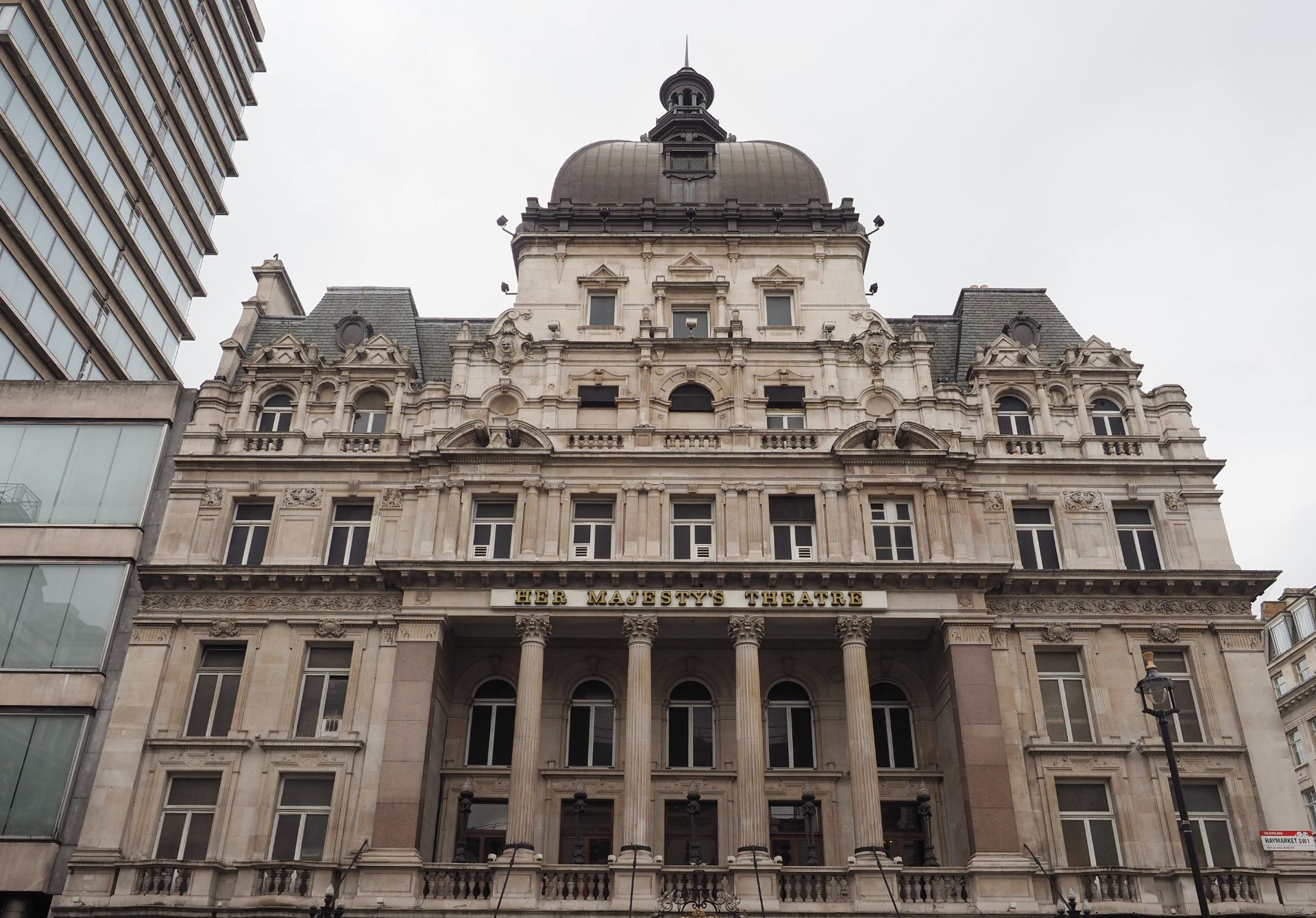London’s West End has long been synonymous with world-class theatre, drawing millions of visitors each year to experience the magic of live performance. This vibrant district, nestled in the heart of the UK’s capital, stands as a testament to the enduring power of the stage and continues to shape the global theatrical landscape.
A Rich History
The West End’s theatrical roots stretch back to the 16th century, but it truly came into its own during the 19th century. The Theatre Royal, Drury Lane, established in 1663, is the oldest theatre still in use in London and exemplifies the area’s deep historical significance.
Throughout the centuries, the West End has been home to groundbreaking productions and legendary performers. From the premieres of Oscar Wilde’s witty comedies in the 1890s to the long-running success of Agatha Christie’s “The Mousetrap” (which opened in 1952 and continues to this day), the district has consistently pushed the boundaries of theatrical entertainment.
The Modern West End
Today, the West End comprises over 40 major theatres, presenting a diverse array of productions that cater to all tastes. From lavish musicals to thought-provoking dramas, the district offers something for everyone.
Key Statistics
According to the Society of London Theatre (SOLT), in 2019 (the last full year before the COVID-19 pandemic): – West End theatres welcomed over 15.3 million attendees – Box office revenues reached £799 million – There were 18,364 performances across all shows
These figures underscore the West End’s significant cultural and economic impact on London and the broader UK economy.
Iconic Theatres and Productions
Several West End theatres have become landmarks in their own right. The London Palladium, known for its variety shows and star-studded performances, has hosted everyone from Frank Sinatra to Madonna. The Apollo Victoria Theatre has been home to the hit musical “Wicked” since 2006, while the Lyceum Theatre has housed “The Lion King” since 1999.
Long-running shows are a hallmark of the West End. “Les Misérables,” which premiered in 1985, holds the record for the longest-running musical in the West End. Other notable long-runners include “The Phantom of the Opera” (1986) and “Mamma Mia!” (1999).
The West End’s Global Influence
London’s West End, along with New York’s Broadway, forms the pinnacle of English-language theatre. Many productions transfer between the two, creating a transatlantic theatrical exchange that enriches both scenes. Shows like “Hamilton,” “Harry Potter and the Cursed Child,” and “Six” have found success on both sides of the Atlantic, demonstrating the global appeal of West End productions.
Moreover, the West End serves as a launching pad for international tours, bringing its high-quality productions to audiences worldwide. This global reach has cemented London’s position as a theatrical powerhouse and cultural export hub.
Nurturing Talent
The West End plays a crucial role in developing theatrical talent. Many of Britain’s most celebrated actors, from Laurence Olivier to Judi Dench, honed their craft on West End stages. The district continues to be a training ground for emerging talent, with drama schools like RADA and LAMDA in close proximity.
Additionally, the West End has been instrumental in launching the careers of numerous playwrights, directors, and creative teams. The success of a West End production can catapult these artists to international recognition, further contributing to the global theatrical ecosystem.
Challenges and Adaptations
Like all cultural institutions, the West End has faced significant challenges, most recently the COVID-19 pandemic. The closure of theatres in 2020 was unprecedented, but the industry’s resilience shone through. Many theatres pivoted to online streaming performances, keeping audiences engaged and supporting artists during the shutdown.
As theatres reopened, they implemented stringent safety measures and flexible ticketing policies to rebuild audience confidence. This adaptability demonstrates the West End’s commitment to preserving live theatre while prioritizing public health.
The Future of West End Theatre
As the West End moves forward, it continues to evolve. There’s a growing emphasis on diversity and inclusion, both on stage and behind the scenes. Productions like “Six” and “& Juliet” are reimagining classic stories with modern sensibilities, attracting new and younger audiences.
Technology is also playing an increasingly important role. From advanced stage mechanics to innovative lighting designs, West End productions are pushing the boundaries of what’s possible in live performance. Some theatres are even experimenting with virtual and augmented reality to create immersive theatrical experiences.
London’s West End remains a vibrant, ever-evolving hub of theatrical excellence. Its rich history, coupled with its ability to adapt and innovate, ensures its place at the forefront of global theatre. From nurturing new talent to pushing creative boundaries, the West End continues to captivate audiences and inspire artists worldwide.
As we look to the future, the West End’s legacy of world-class entertainment, cultural significance, and artistic innovation promises to endure. Whether you’re a lifelong theatre enthusiast or a first-time visitor, the magic of the West End offers an unparalleled theatrical experience that continues to define and redefine the art of live performance.

